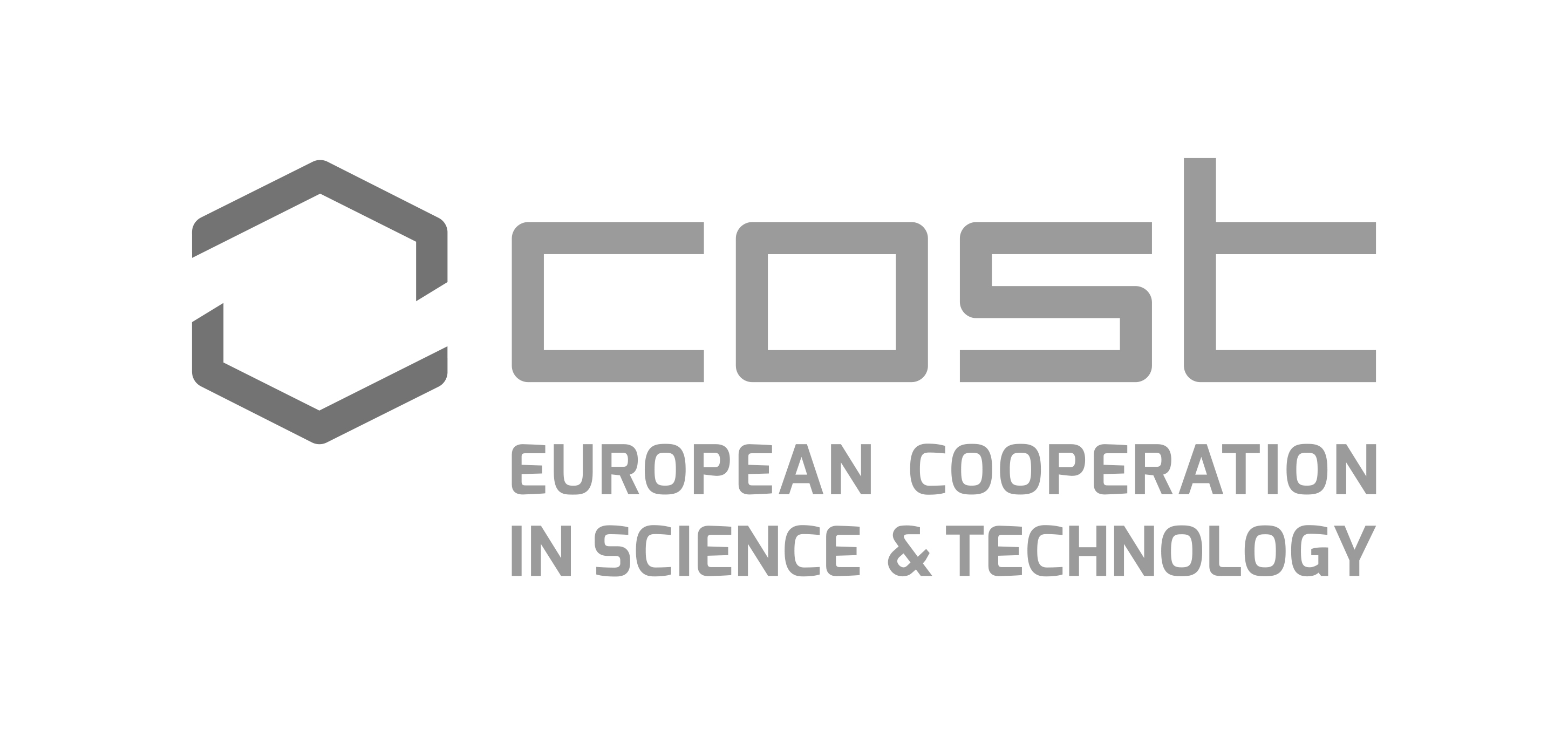 By EUROMAT
By EUROMAT PLEASE REGISTER FOR YOUR IN-PERSON OR ONLINE PARTICIPATION HERE!
Please note that this registration is INDEPENDENT from EUROMAT.
The full program is available at this link.
Session 1: Advanced Materials Integration into Energy Devices
September 14th, from 9:30 am to 12:30 pm (welcome opens at 9:00 am)
This public session of the Forum, held as an associated event of FEMS EUROMAT 2025, focuses on the integration of advanced materials into next-generation energy devices, with a particular emphasis on batteries and thermoelectric modules. It brings together stakeholders from three key sectors—industry (SMEs), Materials Acceleration Platforms (MAPs), and conventional academic research laboratories—each operating with distinct scientific goals, methodologies, and technological constraints. Through presentations followed by a round table discussion, the session will explore how these sectors approach device development, the major challenges they encounter, and how we establish collaborative frameworks by leveragingcomplementary strengths and building a technology pipeline for enabling more efficient and accelerated development of energy solutions.
Attendance is free but requires prior registration due to limited seating.
Please register through this link!
Invited Speakers:
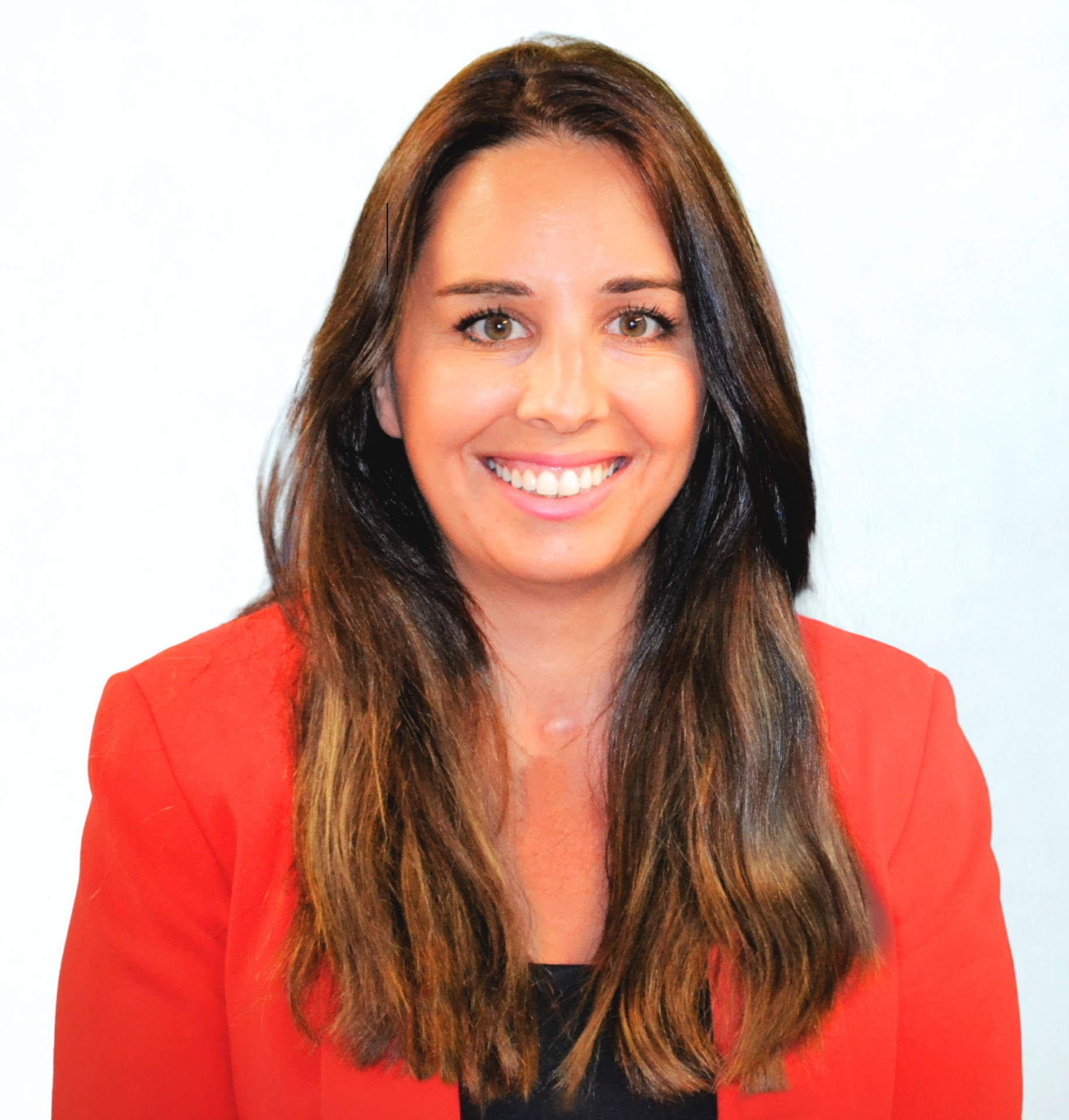 Dr. Eleni-Chrysanthi Stefanaki (Research Scientist)
Dr. Eleni-Chrysanthi Stefanaki (Research Scientist)
R&D Department, European Thermodynamics Limited (UK)
Title: Bridging Innovation and Application: From Advanced Materials to Scalable Product Design
________________________________________________
Dr. Matteo Alberghini (Multi-physics modelling Engineer)
Title: Enabling the design and integration of advanced energy materials: an innovative battery pack case study
Bio: Dr. Matteo Alberghini received his master’s degree in Mechanical Engineering and PhD in Energetics at Polytechnic University of Turin. Expert in numerical and experimental heat and mass transfer aimed at designing, testing and optimizing complex devices. He joined Gemmate Technologies as multi-physics modelling engineer and currently focuses on finite-elements simulations of thermal, electrochemical and CFD applications. Fond of innovation and sustainability, aims to take part to the realization of next-generation technologies.
________________________________________________
Dr. Bojing Zhang
Munich Institute for Robotic and Machine Intelligence (MIRMI), Technische Universität München
Title: The lab fab to accelerate research
________________________________________________
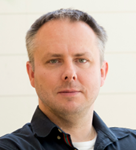
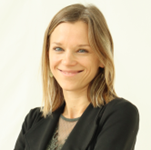 Dr. Maciej Haranczyk (Senior Researcher) & Dr. Christina Schenk (Senior Research Associate)
Dr. Maciej Haranczyk (Senior Researcher) & Dr. Christina Schenk (Senior Research Associate)
Title : Materials Acceleration Platform for Polymer Nanocomposites in Energy and Other Applications & Atomation Meets Algorithms: Toward Smarter End-to-End Workflows
________________________________________________
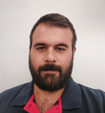 Dr. Panagiotis Ioannou, Ph.D. (Postdoctoral researcher)
Dr. Panagiotis Ioannou, Ph.D. (Postdoctoral researcher)
Department of Mechanical and Manufacturing Engineering, School of Engineering, University of Cyprus
Title: Development of Silicide-based thermoelectric modules, from materials to proof-of-concept devices
Bio: He is a postdoctoral researcher in the Department of Mechanical and Manufacturing Engineering at the University of Cyprus (UCY). He holds a B.Sc. and M.Sc. in Materials Science from the University of Patras and a Ph.D. in Advanced Materials and Nanotechnology from UCY. His research spans multilayer magnetoresistive thin films, biodegradable polymer nanocapsules, plasma-polymer-coated porous silicon for drug delivery, thin-film CIGS solar cells, and Li-ion-based memristive devices. Currently, he focuses on developing thermoelectric modules based on high-purity and recycled silicon, combining experimental and computational methods across materials and device engineering.
________________________________________________
Vito Di Noto
Title: TBA
Session 2: Legacy Labs and WG3 (TDM) Meeting
This session is open only to the COST Action EU-MACE members. If interested, please contact the Task and WG leaders directly through g.botton@eera-set.eu . Please keep in mind that the approval of the membership and thus, the registration to the event will take some time.
The session aims to explore the different possibilities for the integration of conventional research laboratories into Materials Acceleration Platforms (MAPs) using intelligent workflows and establishment of data pipelines. Discussions will address current challenges, exchange best practices, and identify collaborative opportunities to enhance the adoption of advanced digital methodologies, promoting efficient, innovative, and sustainable materials science.
We will also present novel technology management concepts to identify R&D gaps in new materials development that could potentially addressed by modern self-driving lab or combination of self-driving and legacy labs. With a top-down approach in mind (market and application attributes to materials properties and integration readiness) a technology development matrix (TDM) was developed to identify the market opportunities of three new material classes across six use cases. TDM is a form of technology management framework that can help technologists identify the technical R&D gaps and target-suitable market opportunities for adopting the new technologies. As an integral part of WG3, we report on status of the TDM, gathered data and open technical reports to disseminate as part of WG3 output.
Invited Speaker:
Ryan 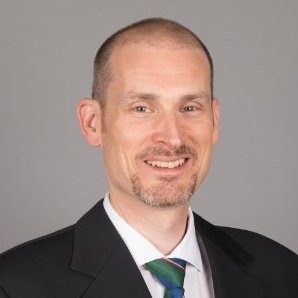 Baker, “COST Action EU-MACE (CA22123) WG3: Technology Development Matrix (TDM) NRC Decision Making Tool Updates”
Baker, “COST Action EU-MACE (CA22123) WG3: Technology Development Matrix (TDM) NRC Decision Making Tool Updates”
Please register through this link!
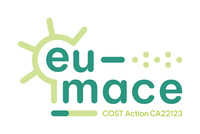 About EU-MACE European Materials Acceleration Center for Energy
About EU-MACE European Materials Acceleration Center for Energy
Materials have played a decisive role in nearly all rupture technologies in the industrial history of our society. Faced with the current climate, geopolitical and humanitarian crisis, many international and regional entities (political, industrial and scientific alike) recognize the importance of a strong materials innovation ecosystem for driving the clean energy transition. In response, self-driving laboratories (SDL) (a.k.a. MAPs - materials acceleration platforms) are created at institutional, regional and international levels. SDLs integrate combinatorial synthesis, high-throughput characterization, automated analysis and machine learning for fast-track discovery and optimization of advanced materials. While these platforms are proving their effectiveness in producing advanced materials with targeted functionalities and physical properties, a large margin of improvement still exists. Streamlining materials integration into components and to safe and sustainable products is one example challenge in order to enable rupture technology.
The COST Action EU-MACE gathers researchers and stakeholders with state-of-the-art digital and material competences across Europe, Middle East, UK and Canada (250+ participants from 38 countries)*. Through the Action’s inclusive & systemic approach, we hope to establish the foundation for a future centre of excellence for advanced functional materials to assist transition toward a united and stronger EU and beyond.
